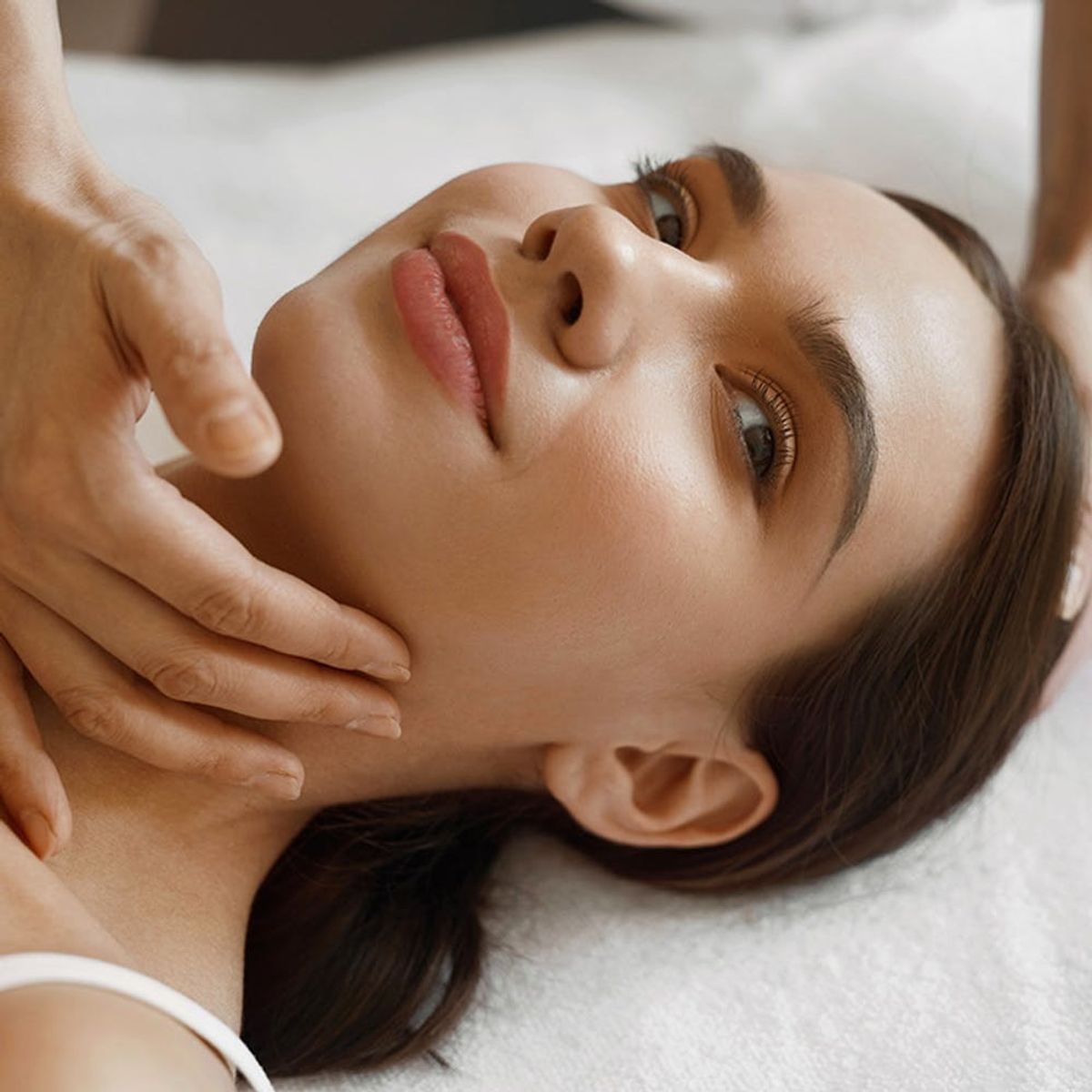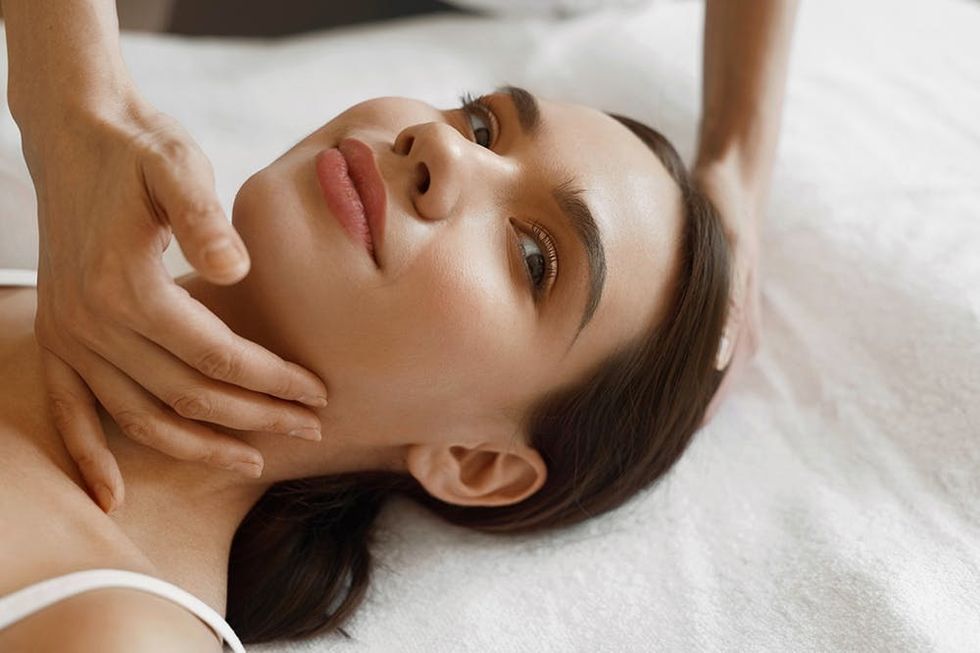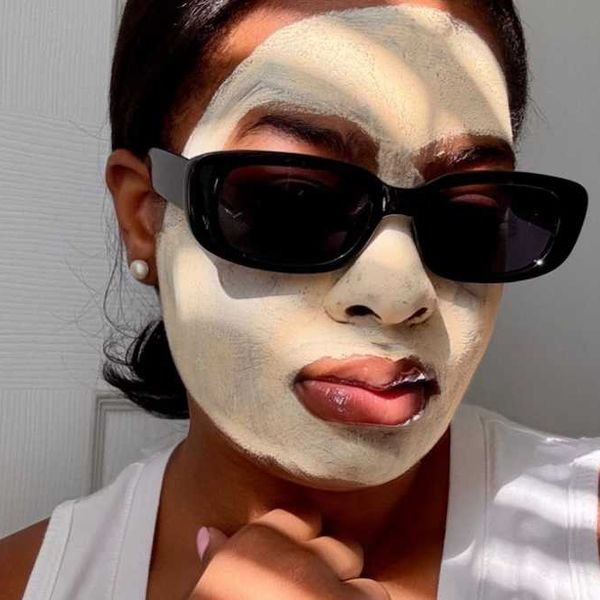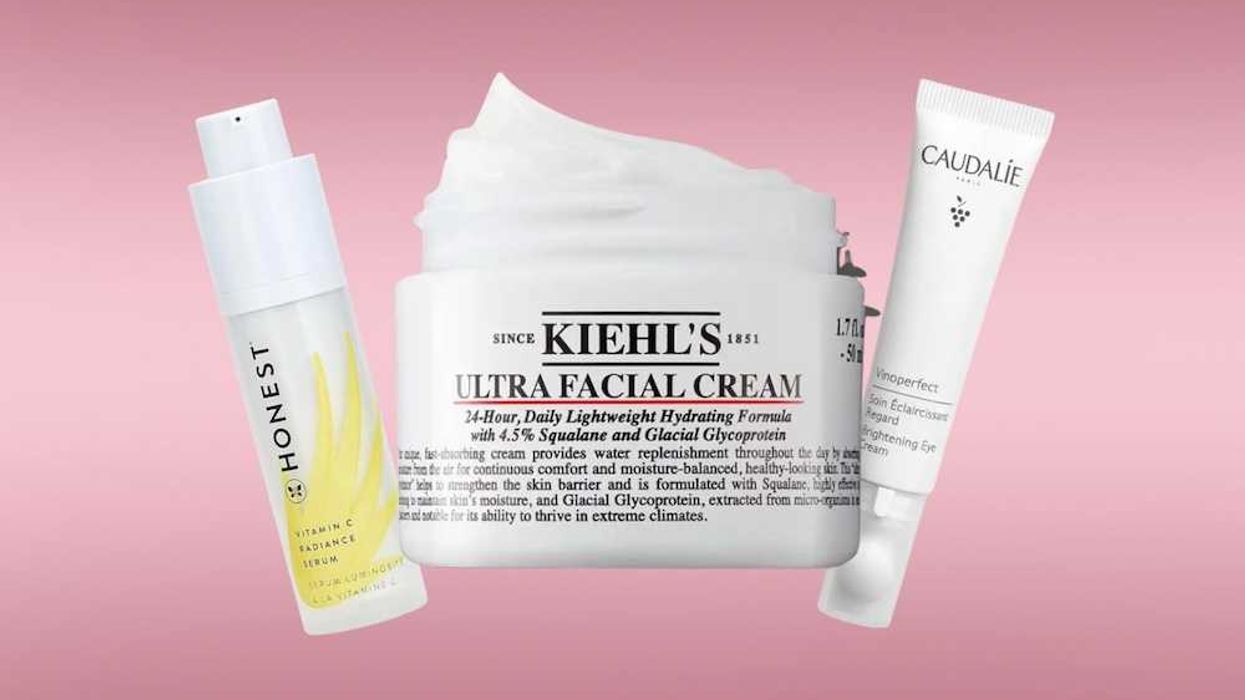Add a skin therapist to your skincare regimen.
4 Things You Should Know About Seeing a Skin Therapist

Hormones, a hectic travel week, or a stressful time at work — among countless other factors — can all negatively affect our skin. Calling in the pros for help with our complexions is common, like when you hit up your dermatologist or esthetician for treatments and advice. Skin therapists, though they may be lesser known, are here to take your skincare regimen to the next level. Read on for four things you should know about a skin therapist.

1. They look at your skin on a deeper level. While a facialist might focus on treating your skin from a surface level, a skin therapist goes deeper. “A skin therapist is a licensed esthetician that… uses different modalities that are able to optimize and enhance the appearance of skin,” says Leslie Kritzer of Beverly Hills-based Skin Worship. Lymphatic drainage techniques (to decrease puffiness and promote relaxation), microcurrents (a low-level current to repair damage and boost collagen), and a variety of peels (to resurface the skin) are all fair game when you see a skin therapist.
2. Treatments can include a spiritual component. Unlike going to a dermatologist, being under the care of a skin therapist can include a spiritual aspect. Kritzer cites Skin Worship’s Transformational Facial Ceremony as an example of service with a spiritual component. The two-hour treatment, which she describes as “circuit training for the face,” combines different modalities and culminates with a spiritual element: “The ceremony is sealed with the option to add a 30-minute chakra clearing, Reiki, or sound bath to help recharge and reboot the spirit,” she explains.
3. Full certifications are required. You can’t just wake up one day and decide to be a skin therapist. At a minimum, they’re required to be fully licensed by the state. “A skin therapist is a licensed, educated skin health expert,” says Beth Bialko, associate director of global curriculum at Dermalogica. “A Dermalogica skin therapist is intensely educated, seeks post-graduate skincare education, and is eager to go above and beyond licensing credentials.” Skin Worship also recommends its therapists go through additional training to hone their skills in advanced techniques like microcurrent stimulation and lymphatic drainage.
4. Their approach is holistic. Skin therapists often incorporate healing principles into services to make the experience geared towards the mind, body, and spirit, addressing clients’ needs from a holistic perspective. “Our FaceMapping service combines Eastern and Western philosophies to help understand skin conditions and recommend a personalized plan for each individual,” explains Bialko. It’s all about understanding your skin on a deeper, more comprehensive level and putting your best face forward.
Follow us on Pinterest for more skincare inspo and info.
(Photo via Getty)



















